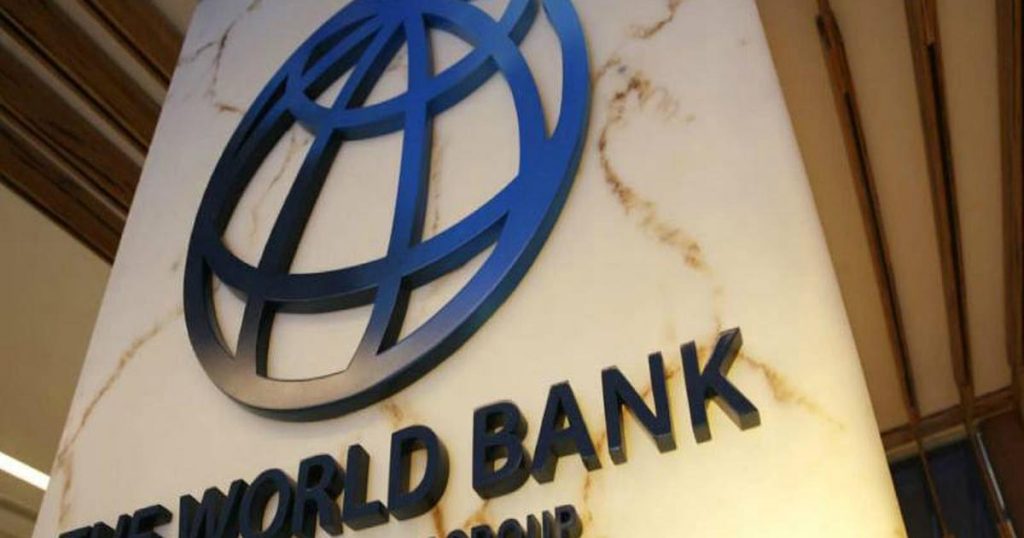News Investigators/ The federal government under President Bola Tinubu has borrowed an estimated sum of $6.45 billion from the World Bank in the last 16 months of his administration.
The amount represents the World Bank approved loan from about 36 loan requests to the Federal Government, estimated at total of $24.088bn, within five years.
According to a report on the global lender’s website, the World Bank, on September 26, approved a total of $1.57billion for Nigeria to strengthen its human capital through better health for women, children and adolescents.
Part of the support will help to mitigate the impact of climate change (floods and droughts) in Nigeria through improvement in dam safety and irrigation.
A World Bank statement said the new financing included $500 million for addressing governance issues that constrain the delivery of education and health (HOPE-GOV), $570 million for the Primary Healthcare Provision Strengthening
Program (HOPE-PHC) and $500 million for the Sustainable Power and Irrigation for Nigeria Project (SPIN).
The HOPE-GOV and HOPE-PHC programmes combined are expected to support the Nigerian government to improve service delivery in the basic education and primary healthcare sectors which are critical towards improving human capital outcomes, the World Bank said.
“The SPIN project will support improvement of dams’ safety and management of water resources for hydropower and irrigation in selected areas of Nigeria,” it noted.
The SPIN Program, on the other hand, will help Nigeria to protect citizens from floods and drought through enhanced dam safety and operations. The project will further support the provision of new and improved irrigation and drainage services over an area of 40,000 hectares. This is expected to help up to 950,000 people that include households, farmers, and livestock breeders to directly benefit from more reliable, climate-resilient, and efficient irrigation, water supply and increased agricultural productivity through improved irrigation water management.
Through the SPIN project, the government will develop a master plan for hydropower and a structured public private partnership transaction for a hydropower project.
“Effective investment in the health and education of Nigerians today is central to increasing their future employment opportunities, productivity, and earnings, while reducing poverty of the most vulnerable. This new financing for human capital and primary healthcare will help to address the complex difficulties faced by Nigerians especially women and girls around access and quality of services, but also the governance arrangements that also explain these difficulties” said Ndiamé Diop, World Bank country director for Nigeria.
World Bank loans
The report on World Bank’s website shows that the lender has extended credit to Nigeria since 2020.
It approved 15 loan requests worth $6.36bn in 2020 for various projects, one of which was for rural access and agricultural marketing project ($510m). Others were: Nigeria Digital Identification for Development project ($430m), and $750m for the Nigeria for COVID-19 response, among other issues.
In 2021, it extended loans to Nigeria for six projects valued at $3.2 billion. In 2022, it granted $1.26bn to Nigeria for a set of six projects, including for livestock productivity and business environment reforms.
In 2023, the lender extended $2.7bn to Nigeria to implement various projects: $750m for Nigeria- AF power sector recovery performance-based operation; $500m for Nigeria for Women Program Scale-up projects, and $750m for the Nigeria Distributed Access Through Renewable Energy scale-up project.
The bank has so far approved $3.82bn in 2024 for five projects, including a grant of $70 million.
(BusinessDay)
